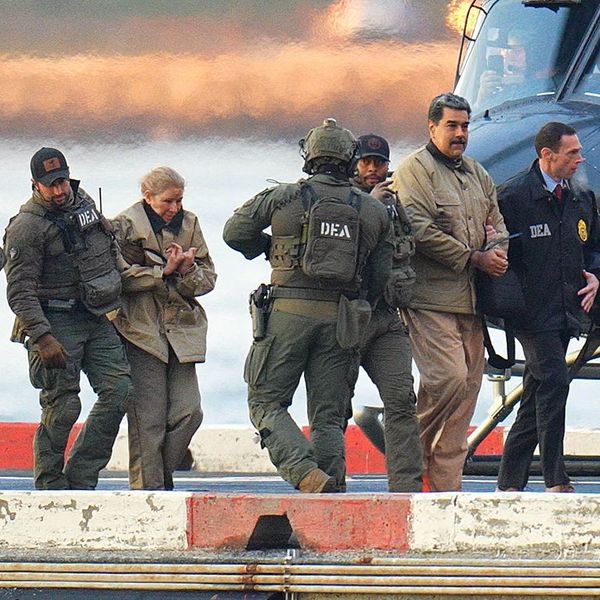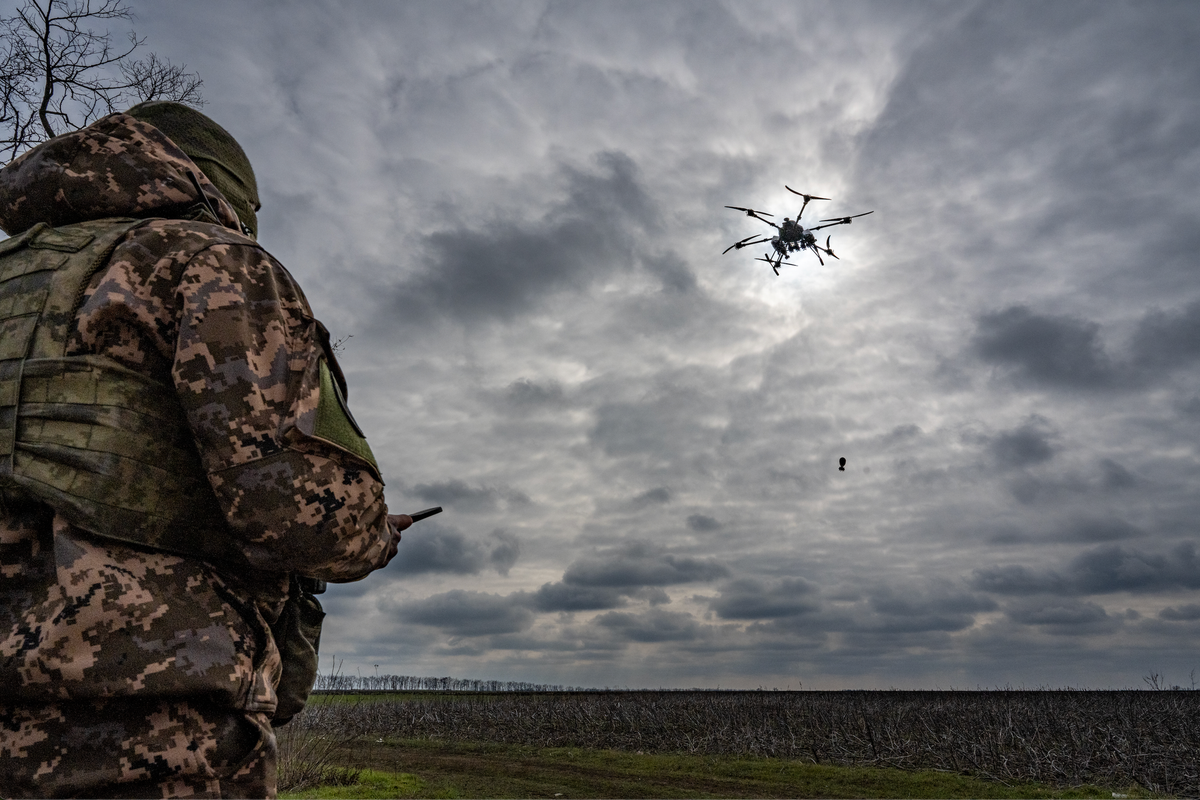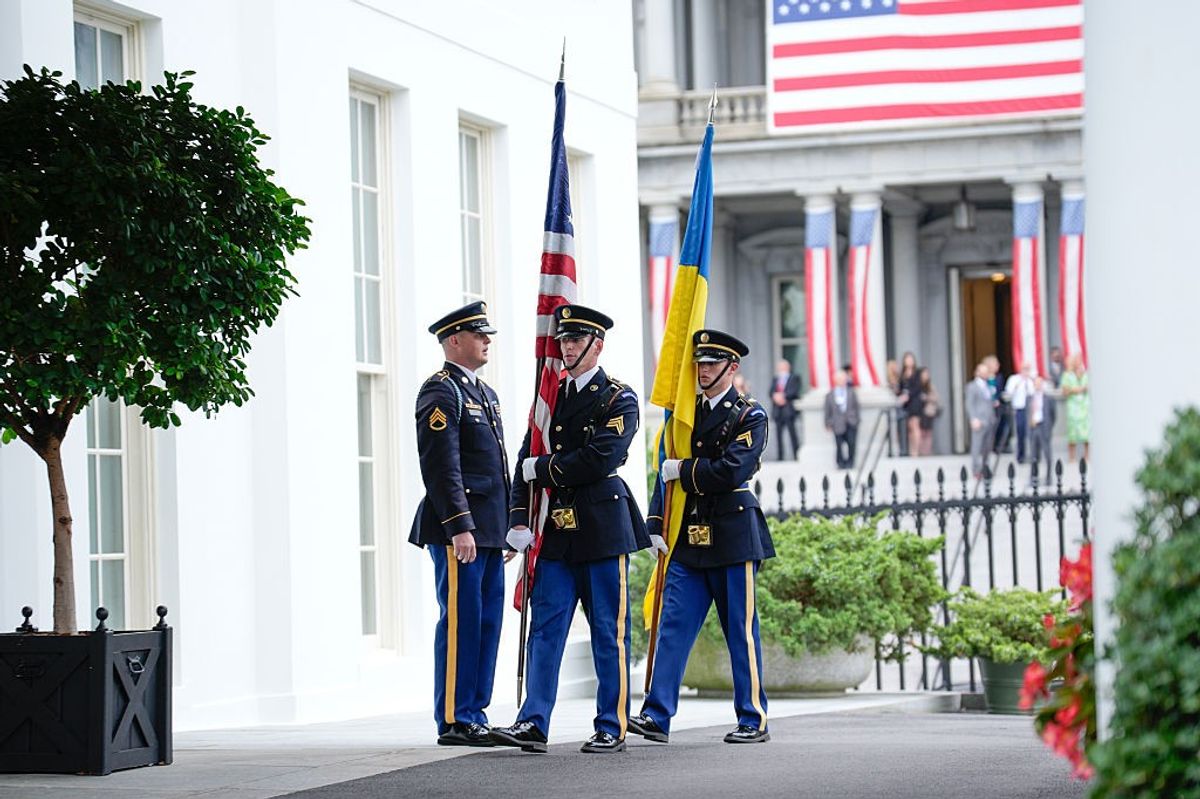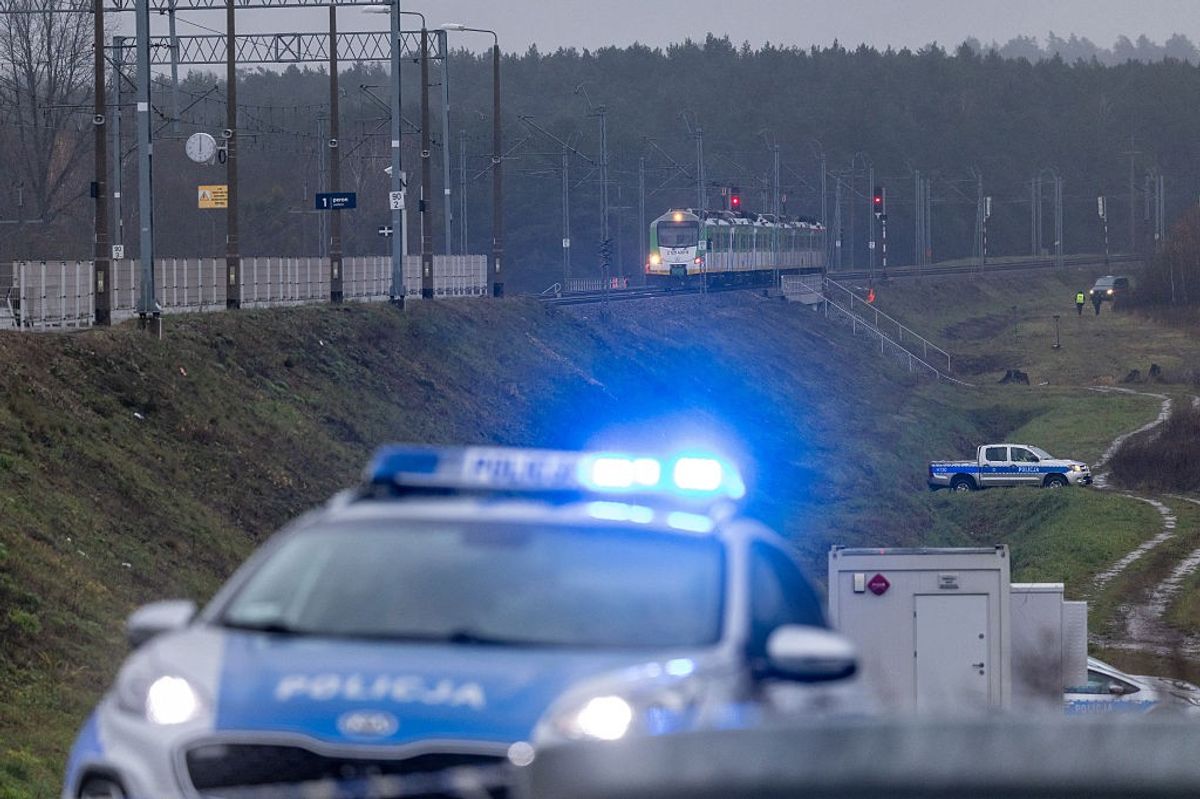OPINION — The year 2024 has seen a spate of terrorist attacks strike Europe, and surprisingly, hardly anyone seems to care. Unlike previous waves of terrorism that have hit the continent, the perpetrator of this wave is not a home-grown terrorist group like the old Baader-Meinhof gang. Instead, the perpetrator is the Russian Federation, striking NATO targets on NATO soil. Russia’s lethal operations are meant to create fear and coerce governments to refrain from acting against Moscow’s interests. In other words, Moscow’s actions are political terrorism. NATO must respond forcefully to these attacks so that Russia recognizes the inviolability of NATO soil. A failure to do so raises a risk that the alliance will face not only continued attacks, but likely ones of increased lethality.
The nature of the attacks
Russian attacks against NATO nations in 2024 have been consistent and widespread. In April, a mysterious explosion rocked the United Kingdom’s only 155mm artillery shell manufacturer, while the same week German authorities arrested two German-Russian nationals for planning to sabotage arms shipments to Ukraine and attack U.S. military facilities. Later in the year, security alert levels were raised at several U.S. bases in Europe over possible Russian-sponsored attacks.
That last item bears repeating: U.S. military authorities believed it was prudent to raise terrorist alert levels due to the real possibility of a Russian attack on U.S. troops in a NATO country.
This was not an overreaction. Russia had already shown a willingness to conduct sabotage or even assassination operations in Europe. In the first half of 2024, Poland arrested eighteen Russian agents on charges of planning sabotage operations. Kremlin-linked plots have included arson attacks on a Warsaw shopping mall, an IKEA warehouse in Vilnius, a museum in Riga, a Prague bus depot, an industrial estate in London, and a metals factory in Berlin. This summer, according to U.S. officials, Russia planned to assassinate a German arms manufacturer and other European defense industry executives whose companies supply weapons to Ukraine. French authorities arrested a Russian intelligence officer for planning to “destabilize” the summer Olympic Games in Paris, just days before French rail lines were disrupted by a “coordinated sabotage” attack prior the games’ opening ceremony. There have been two attempts, one in Germany this summer and one in the United Kingdom last month, to place incendiary devices onboard cargo planes that security officials believe were Russian inspired.
Everyone needs a good nightcap. Ours happens to come in the form of a M-F newsletter that provides the best way to unwind while staying up to speed on national security. (And this Nightcap promises no hangover or weight gain.) Sign up today.
A history of Russian threats
These events represent an unnerving departure from even Russia’s past low norms regarding lethal operations on foreign soil, and are consistent with a growing list of Kremlin-sponsored lethal operations or attempted operations worldwide since Russia’s first invasion of Ukraine in 2014.
For example, in 2014, Russian military intelligence (GRU) agents blew up two Czech arms depots that were scheduled to provide ammunition to Ukraine, killing two innocents and forcing the evacuation of hundreds of nearby villagers. In 2015, GRU officers with ties to the poisoning of British double agent Sergei Skripal were implicated in similar poisonings against Bulgarian arms manufacturer Emil Gebrev, his son, and his company’s production manager. Gebrev’s firm supplies munitions to Ukraine. In 2021, Bulgarian authorities uncovered links between Russian nationals and explosions at six arms depots belonging to Gebrev’s company between 2011 and 2020. In 2023, another arms depot of Gebrev’s suspiciously caught fire.
Additionally, in 2016, the GRU organized a coup attempt aimed at preventing Montenegro from joining NATO. The coup, which included plans to assassinate Montenegro’s prime minister, was fortunately thwarted. Also beginning in 2016, a series of unexplained neurological maladies, called Havana Syndrome, began to plague American officials, not just overseas but even in front of the White House. A 60 Minutes report revealed Russian government complicity in Havana Syndrome attacks. Finally, Russia currently provides targeting support for Houthi missile strikes that have not only attacked US and UK warships near the Red Sea but also have sunk a UK-registered merchant ship and otherwise disrupted global shipping.
A new mindset in Moscow
These actions demonstrate a new Kremlin mindset, one that neither respects NATO territorial integrity nor cares about harming NATO citizens and property. Yet one would not know this judging by NATO’s passive response. The recent NATO summit declaration made only oblique reference to these events and announced no concrete retaliatory actions. While Washington worries about Russian responses to Kyiv’s attempts to defend itself, Moscow steadily escalates its own lethal actions in NATO countries; some of which could be considered events worth invoking NATO’s Article V. Continued NATO passivity to Russian lethal operations will only encourage the Kremlin to escalate further. In Putin’s mind, restraint is weakness and therefore something to be exploited.
NATO, including the United States, must take measures commensurate with this threat. Our responses should not be symmetrical, which would lower ourselves to the Kremlin’s level, but asymmetrical to harm the Kremlin where it hurts: in Ukraine and in its pocketbook.
It is amazing that Washington remains reluctant to provide certain weapons systems to Ukraine, and has waited until now to approve the use of others against military targets on Russian soil because of fears of “escalation,” when Russia has been escalating lethal operations against NATO for a decade. Shutting down the Kremlin’s “shadow fleet” of sanction-busting oil tankers that carry seventy percent of its oil exports is another possible retaliatory step. This could be done by enforcing maritime safety and environmental laws that these tankers often do not meet, sanctioning the countries and companies that register them, and blocking their access to the Danish and Turkish straits, which will undercut Russia’s economy at a time when its liquid assets are depleting. Until there are vigorous and impactful responses to these operations to convince the Kremlin that its game of political terrorism against NATO is not worth the costs, we can expect more of the same; and in the future, possibly on U.S. soil as well.
Are you Subscribed to The Cipher Brief’s Digital Channel on YouTube? Watch The Cipher Brief’s interview with CIA Director Bill Burns as he talks about The Middle East, Russia, China and the thing that keeps him up at night. Become a Cipher Brief YouTube Subscriber today.
The Cipher Brief is committed to publishing a range of perspectives on national security issues submitted by deeply experienced national security professionals. Opinions expressed are those of the author and do not represent the views or opinions of The Cipher Brief.
Have a perspective to share based on your experience in the national security field? Send it to Editor@thecipherbrief.com for publication consideration.
Read more expert-driven national security insights, perspective and analysis in The Cipher Brief














